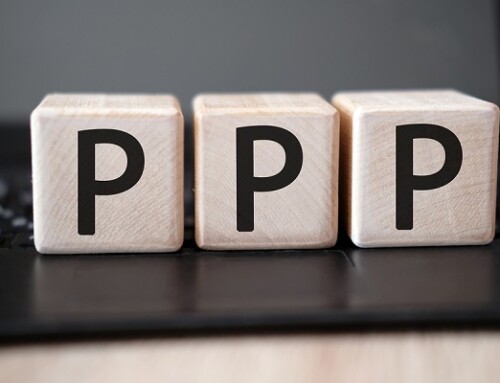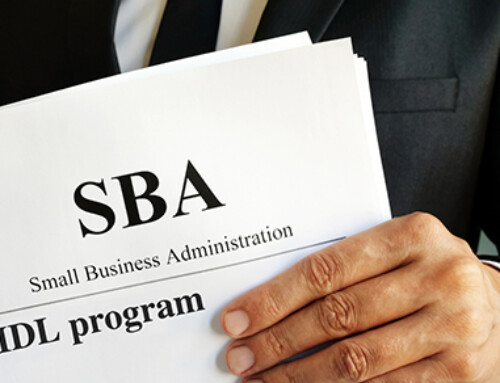As you know, running a business often means filing a separate business tax return.
But you may not be aware that for certain partnerships, you can avoid the separate return and report the activity directly on your individual tax return, such as for the three activities below:
- The qualified joint venture election is available if you and your spouse are the only partners. Under this election, you file no partnership returns and simply report the income and expenses on Form 1040, Schedule C. This does not work for spouse LLCs taxed as partnerships, except for those LLCs in community property states.
- The Section 761(a) election is available for non-related owners, but for a limited set of activities, such as investment partnerships.
- Rental properties aren’t partnerships for federal tax purposes if you and your fellow owners have only to keep the property maintained, in repair, and rented or leased. This means you and your co-owners can report ownership interests on your personal tax returns without making a special tax election.
By reporting separately, you dramatically simplify your tax return filings and compliance requirements. But keep in mind that the IRS examines more individual returns than partnership returns, so a higher chance of an audit is one potential downside to moving your activities to the individual return.
If you would like to discuss any of the three non-partnership possibilities above, don’t hesitate to call us.





